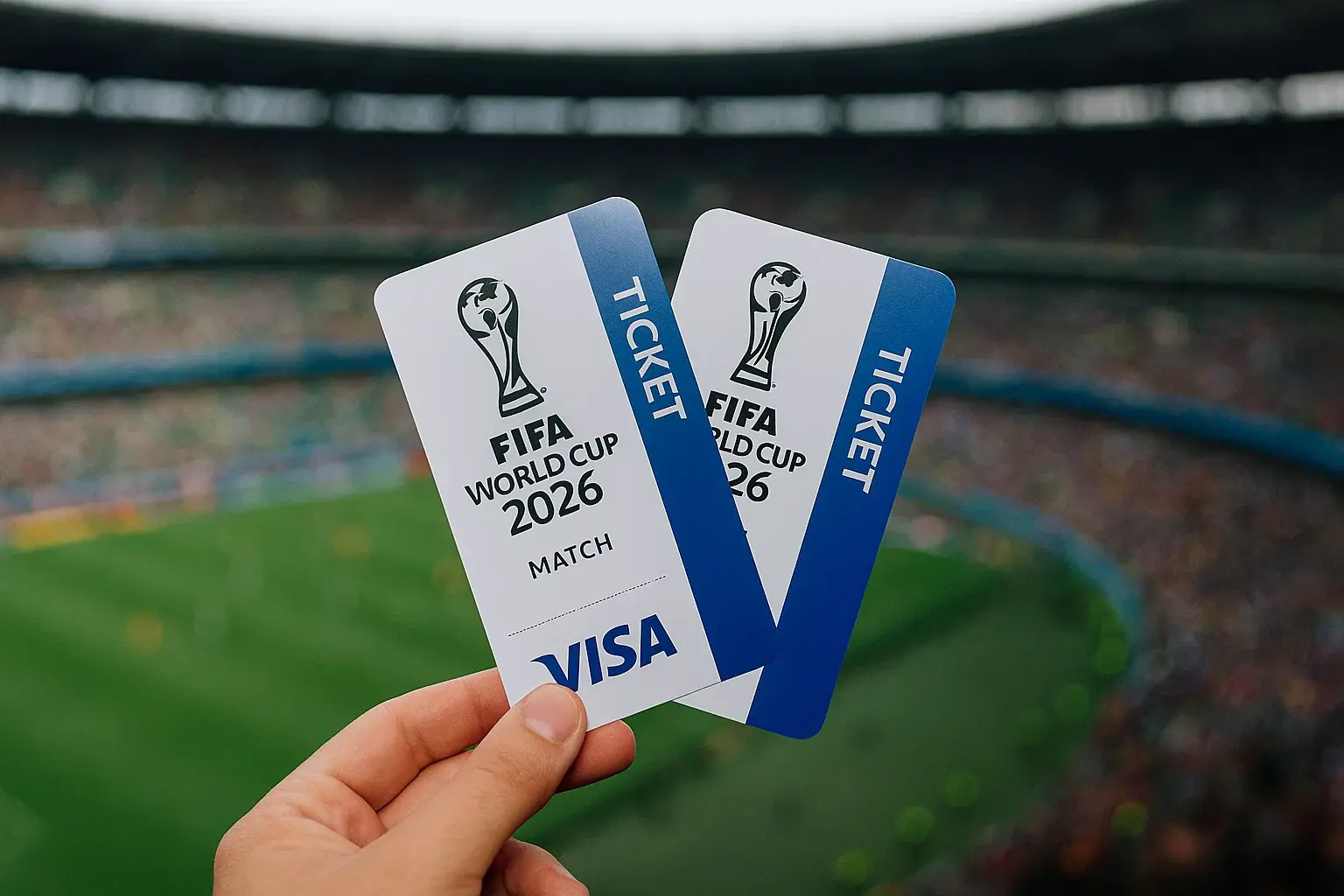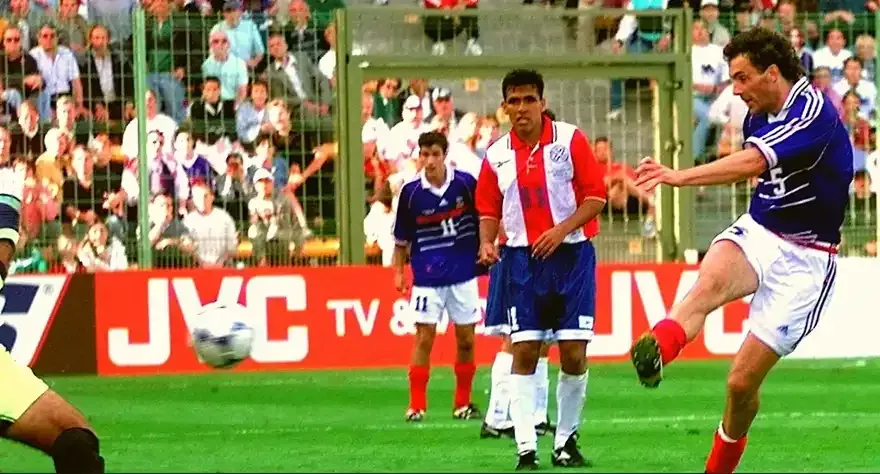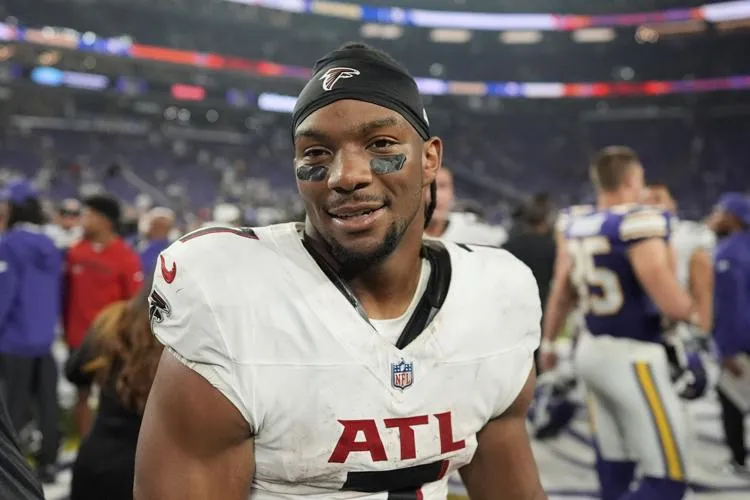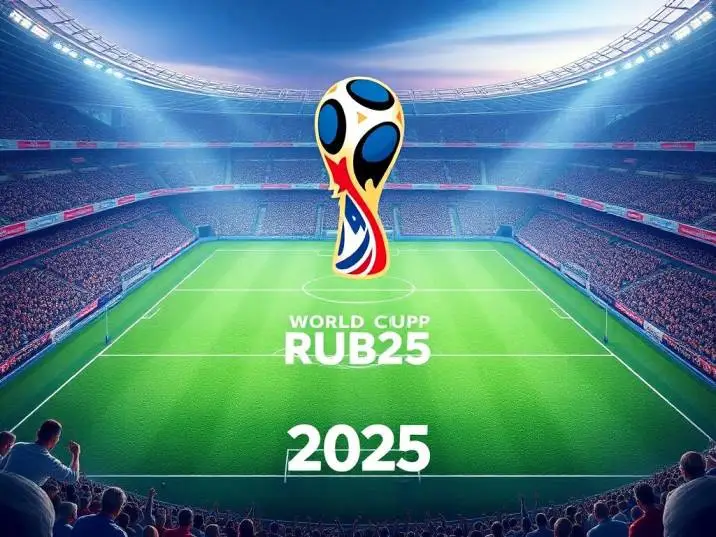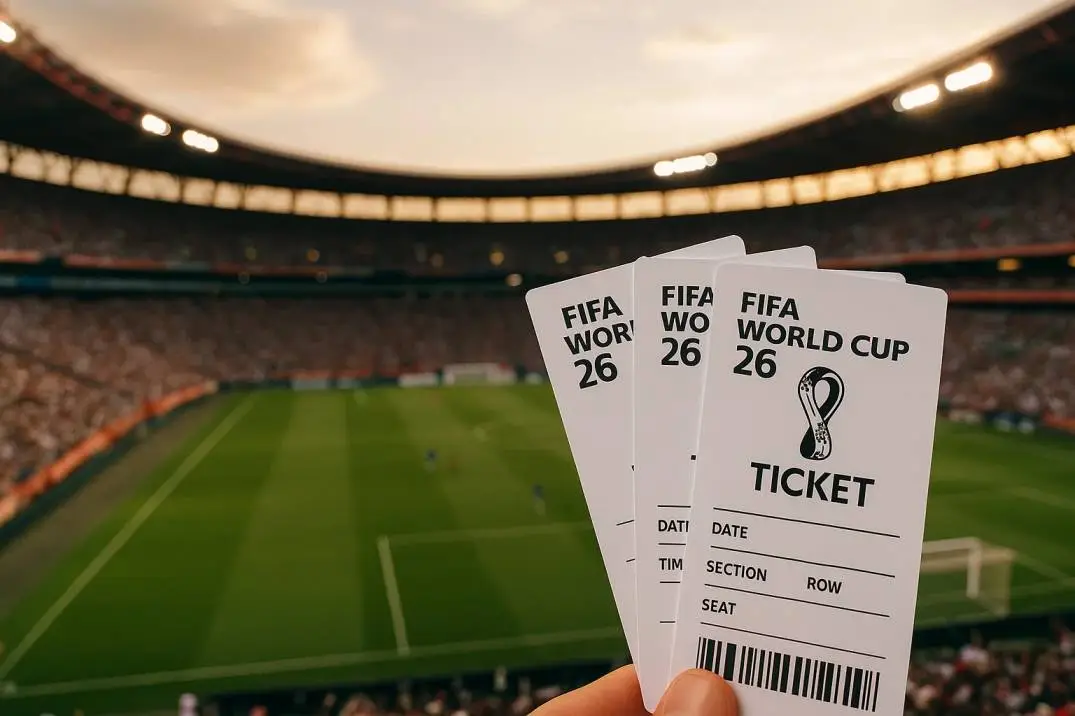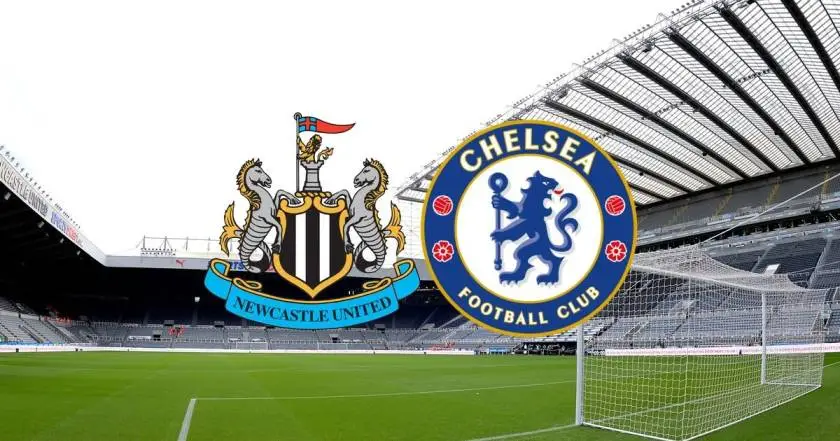
How An American Became So Attached To Soccer, He Now Calls It Football
This past summer, I was running virtually Gdańsk, Poland desperately looking for a bar showing the Women’s Euro Cup match between Sweden and Portugal, all while thinking, in the words of the Talking Heads, “Well, how did I get here?”
I used to be a traditional American sports fan. I would watch an ungodly value of football, baseball, and basketball and, if I had spare self-ruling time, I would make fun of hockey.
That all began to transpiration with the offer of self-ruling tickets to the 1994 World Cup. That’s right, I fell for the same methodology used by one-liner dealers and the visitor that sells those mini sausages at Costco.
At the time, my family and I were living in Chicago, one of the World Cup host cities. Initially, our only interactions with visiting soccer fans had been to help groups of Germans find “Bundy Fountain.” Its official name is Buckingham Fountain, but if your only exposure to this famous Chicago landmark is via syndicated, German-dubbed episodes of Married With Children, its name is, in fact, Bundy Fountain.
Many tickets that year had been given to first-time World Cup sponsors who were indifferent well-nigh the tournament. They in turn passed them on to fans like me who cared plane less than they did.
Many tickets that year had been given to first-time World Cup sponsors who were indifferent well-nigh the tournament. They in turn passed them on to fans like me who cared plane less than they did. My wife and I were offered a pair to Bulgaria vs. Greece and, well, I think soccer tickets should come with an tendency warning label.
The game undercurrent at Soldier Field was like nothing I’d overly felt. Granted, the last time there, I watched the Detroit Lions write-up the Chicago Bears on their way to winning the semester championship so by comparison, a polity gardening competition would’ve felt electric.
The singing in unison began long surpassing we entered the stadium and never ceased. Our tickets landed us among the Bulgarians, which was fortunate as they scored all four of the game’s goals and we joined our new friends in chanting “buh-gah-ri” while marching our way out of the stadium, past Bundy Fountain and into the Chicago night.
I didn’t immediately love the game. But I liked it as increasingly than a friend.
I liked the simplicity, and that every score was of consequence. I liked the sense of belonging and community. I liked the non-stop action. (Sure, curling up in a fetal position and writhing in pain without a minor contact seems a bit much, but I’ve had a unprepossessed surpassing so I can empathize.) Most memorably, I liked the feeling that the game truly mattered and that the results would be a point of pride to be displayed or a undersong to be carried for all of eternity or until the Detroit Lions win flipside semester title – whichever comes first.
My unification for the game could’ve been one of those highs that sooner wears off. But like an intravenous drip, major tournaments would show up just in time to sustain my interest. And increasingly often than not, it wasn’t just the game that did it – it was the experience.
By the time the World Cup returned in 1998, we were living in Toronto, an immensely diverse municipality with over 200 ethnicities. Each morning, the Toronto Star would signify which neighborhoods would be latter its streets for a watch party and if you were in the right place, Cameroon vs. Chile felt just as heady as France vs. Italy.
The energy at Soldier Field far exceeded our introduction to the game five years earlier. The touchable was literally bowing as Nigeria went up early on the USA surpassing Hamm, Lilly and the gang took over, winning 7-2. Our daughter couldn’t stop crying with what I seem were tears of joy.
The pursuit day, we were at Wrigley Field when we overheard two women overdue us talk excitedly well-nigh the game the previous night. “We were there too!” I told them.
“My daughter is on that team!”
one woman replied. “Her name is Julie Foudy.”
“Wait a minute,” I replied. “Your daughter is Loudy Foudy?!?”
Mama Foudy was thrilled that her daughter was playing in front of packed stadiums, though she seemed less excited strangers knew that nickname.
They say the first of tendency is experimentation. The second stage is regular usage. The third is high-risk usage. I skipped the second stage.
The 2000 Euro Cup was cohosted by The Netherlands and Belgium. My workmate and I brought our wives to Brussels to see England try to write-up Germany for the first time since 1966. But it was the night surpassing the game that was most memorable.
We spent the evening within a baton’s swing yonder from English fans wavering with Turkish fans, German fans, Belgian fans and, in what was the least constructive strategy of the night, the police. By the time the sun rose, 174 fans had been underdeveloped and everyone had reconvened at the pub, cheering the inrush of each bloodied fan as they were released from jail. That night, England did indeed write-up Germany 1-0 on a goal by Alan Shearer who was a Magpie at the time, or as my Man U-loving merchantry partner tabbed him, a “dick.”
And the drips continued.
In 2001, my partners and I brought our whole razzmatazz organ to Old Trafford to watch Man U write-up Sunderland, when when that town had a team.
The pursuit year, the World Cup reconvened in Japan and South Korea. The time zone difference required us to talk Chicago bar owners into illegally keeping their bars unshut without hours so we can watch England vs. Argentina live at 5am. (The secret is mazuma sales only.) (The secret is moreover bribing the Chicago police.)
Each subsequent World Cup offered a unique experience, from the US thwarting in 2006 to the melodic sounds of vevuzelas in 2010 to Brazil in 2014 when my friend and coworker, Mike D’Amico, became an internet sensation known as Teddy Goalsevelt.
Ok, not every World Cup was memorable. If you told me the 2018 World Cup never happened, I would have no proof to the contrary.
Still, the problem with World Cups is they only happen every four years. No sport should only host major events every four years. An Olympics biathalon competition, for example, should take place every 15 years.
Needing a increasingly frequent fix, I started rooting for the local teams. I attended Chicago Fire games everywhere from a vibrating Soldier Field to a packed Cardinal Stadium in Naperville. If you’re not familiar with Cardinal Stadium, it’s now tabbed Benedetti-Wehrli Stadium which just goes to show the people of Smoothie King Center that their name could, in fact, be worse.
I was plane in ubiety when Chicago opened its first soccer-only stadium, Toyota Park in Bridgeview (town motto: “Where?”), an uninspired loss to New England.
It wasn’t until my family’s most recent relocation, however, that the strategy of pursuit the local team started to pay off: We moved to Malmö, Sweden.
Sweden’s local team, Malmö FF, is known as the official launch pad of Zlatan Ibrahimović. The team has won Sweden’s top football league, Allsvenskan, a total of 23 times. To put that in NFL football success, that’s like 23 New York Jetses, thesping Joe Namath is unchangingly the quarterback.
Currently, my wife and I are plane debating where to hang the team-signed Malmo FF jersey we received. I say the second bedroom. She says someone else’s house.
A week without seeing my first Malmö FF game, I was having beers with Ian, a Greek friend of mine, retelling the story of the game.
“I didn’t know you were into football,” he said.
“It just kind of happened,” I nodded. “In fact, it all started with Greece versus Bulgaria in the ’94 World Cup.” Ian’s squatter tuckered of happiness and his shoulders slumped down.
“4-nil,” he whispered.
“What?”
“We lost 4-nil.”
Ian isn’t much of a football fan, yet he remembered the score of a game played 28 years ago.
And maybe that’s why, 1,493 words ago, I was wandering Gdańsk, Poland, looking for a Women’s Euro Cup game.
